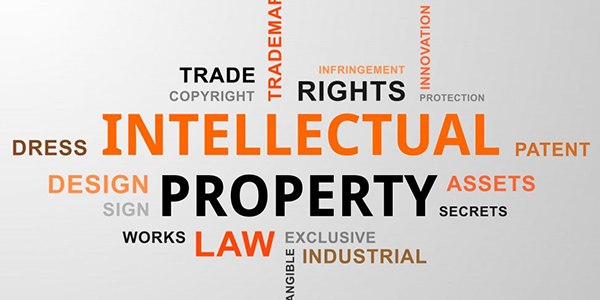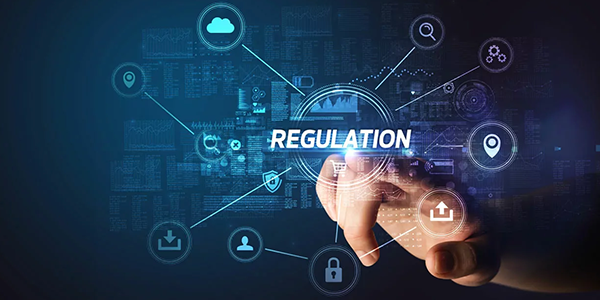The metaverse refers to a virtual, shared, and immersive digital environment where users can interact with each other and digital objects in real-time. It is essentially a convergence of augmented reality (AR), virtual reality (VR), and the internet, blurring the lines between the physical and digital worlds.
+91 9820907711

These are simulated environments where users can engage with digital content and other users.

Digital representations of users that allow them to navigate and interact within the metaverse.

The metaverse thrives on user-generated content, where individuals and organizations create and contribute to the virtual environment.

Communication and collaboration with other users are vital aspects of the metaverse experience.

The metaverse aims to be accessible across various devices, such as VR headsets, smartphones, computers, etc.

Some metaverse platforms incorporate blockchain technology and non-fungible tokens (NFTs) to facilitate ownership, trade, and scarcity of virtual assets.
As the metaverse evolves and becomes more pervasive, several legal complications and challenges are likely to arise. Some of these legal issues could include:
With user-generated content being a significant aspect of the metaverse, issues related to copyright, trademark, and other intellectual property rights may emerge. Determining ownership and licensing of virtual assets, avatars, designs, and digital creations can become complex.
As users invest time and money in acquiring virtual properties, there may be disputes over ownership, control, and transferability of these virtual assets within the metaverse.
The metaverse gathers vast amounts of user data, which raises concerns about privacy, data protection, and the potential for data breaches. Companies operating in the metaverse must handle user data responsibly and comply with relevant data protection regulations.
As real-world money gets involved in virtual transactions, issues related to virtual currencies, taxation, money laundering, and fraud may arise.
The metaverse transcends geographical borders, making it difficult to determine which laws and regulations apply in a given situation. This could lead to jurisdictional conflicts and uncertainty.
As virtual worlds become more immersive, concerns over harmful behavior, harassment, and cyberbullying could arise. Creating and enforcing rules for user conduct within the metaverse may be challenging.
Ensuring appropriate content moderation in the metaverse to prevent hate speech, offensive content, or illegal activities could be a significant challenge.
Authenticating user identities within the metaverse and preventing identity theft or impersonation may be crucial for maintaining security and trust.
Platforms hosting the metaverse content might face liability issues related to user-generated content, intellectual property infringement, or other legal violations.
Ensuring equal access and accommodating individuals with disabilities within the metaverse could be a legal consideration.
It's essential to consider that the metaverse was gaining momentum, and as it became more prevalent and widely adopted, legal disputes related to the metaverse were likely to emerge.
As users create and share content within the metaverse, issues regarding copyright infringement, trademark violations, and unauthorized use of virtual assets could lead to intellectual property litigation.
With users investing time and money in acquiring virtual properties or assets, disputes over ownership, control, and transferability of virtual goods might lead to litigation.
As the metaverse gathers substantial user data, there might be cases of data breaches or violations of user privacy, leading to legal actions against platform operators.
Instances of harmful behavior, harassment, or cyberbullying within the metaverse could result in legal action against the individuals involved or platform operators for inadequate content moderation.
Platform operators may face legal challenges related to the content hosted on their platforms, user interactions, or potential negligence in providing a safe environment.
Disputes over virtual currency transactions, fraud, or unauthorized access to virtual accounts could lead to litigation.
Cases of identity theft or impersonation within the metaverse might result in legal actions.

Our lawyers offer services related to intellectual property protection, registration, and litigation. This could involve handling cases of copyright infringement, trademark disputes, and protecting virtual assets created by individuals or businesses within the metaverse.

Our lawyers assist users and businesses in drafting and reviewing contracts related to virtual property, virtual goods, licensing agreements, and user-generated content within the metaverse. In case of disputes, they could also represent clients in contractual litigation.

Our lawyers advise metaverse operators and users on complying with data protection laws and regulations to protect user data and privacy. In case of data breaches or privacy violations, they may handle litigation on behalf of affected parties.

Our lawyers help metaverse platform operators draft clear and comprehensive terms of service and policies to govern user conduct, content moderation, and platform liability. They may also represent platform operators in legal actions related to content moderation or user behavior.

Our lawyers assist individuals who experience harassment or harmful behavior within the metaverse in taking legal action against the perpetrators. They may also advise platform operators on appropriate content moderation practices to avoid legal issues.

Our lawyers handle cases related to virtual currency transactions, fraudulent activities, or unauthorized access to virtual accounts within the metaverse.

Our lawyers provide guidance to companies and platform operators on navigating the legal and regulatory landscape concerning the metaverse, ensuring compliance with relevant laws.
Simply fill out the inquiry form or set up a call for legal guidance.
The Bar Council of India does not permit advertisement or solicitation by advocates in any form or manner. By accessing this website, www.finlawassociates.com, you acknowledge and confirm that you are seeking information relating to Finlaw Associates of your own accord and that there has been no form of solicitation, advertisement or inducement by Finlaw Associates or its members. The content of this website is for informational purposes only and should not be interpreted as soliciting or advertisement. No material/information provided on this website should be construed as legal advice. Finlaw Associates shall not be liable for consequences of any action taken by relying on the material/information provided on this website. The contents of this website are the intellectual property of Finlaw Associates.